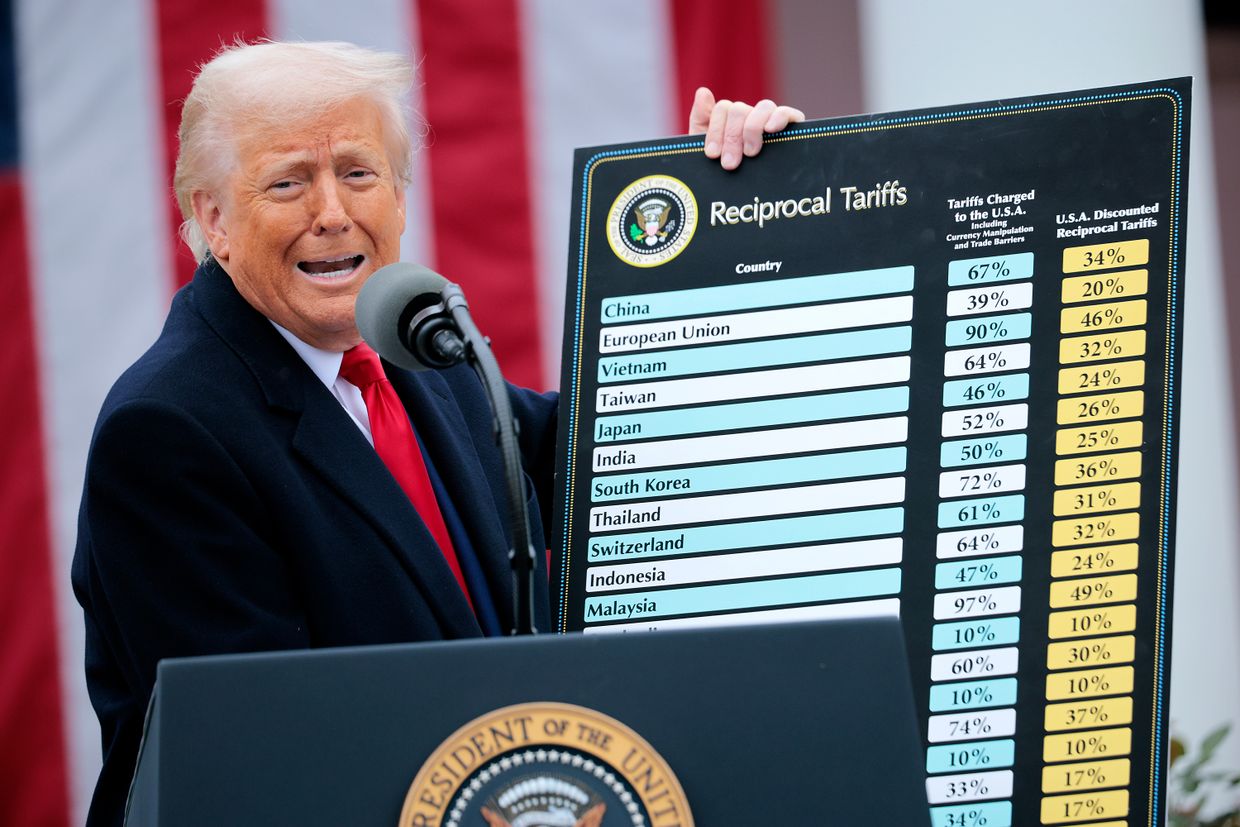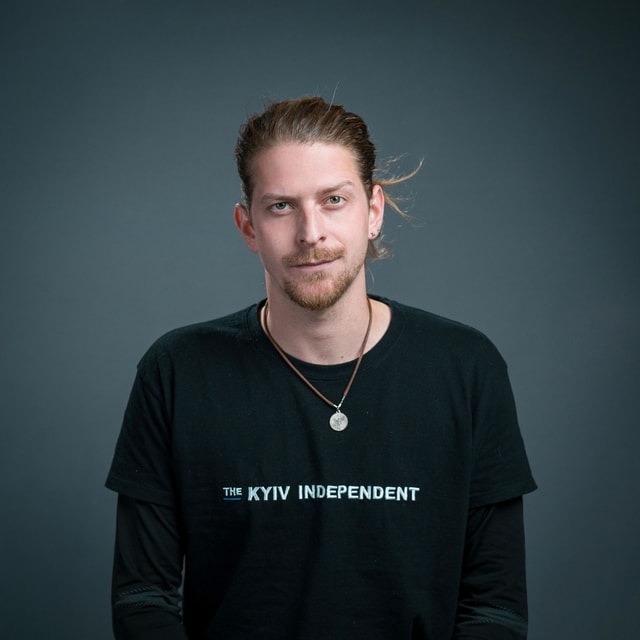Hockey celebrates Ovechkin, but Putin is the real winner
Alexander Ovechkin’s historic NHL achievement is shadowed by his deep ties to Vladimir Putin and Russia’s propaganda machine.

Alexander Ovechkin of the Washington Capitals NHL hockey team in Washington, D.C., U.S. on Oct. 31, 2024. (Scott Taetsch / Getty Images)
Alexander Ovechkin has become the greatest goal scorer in National Hockey League (NHL) history — an extraordinary accomplishment that cements his legacy as one of hockey’s most influential figures. For fans around the world, the Washington Capitals’ No. 8 stands as a symbol of perseverance, dedication, and success.
But beyond the ice, Ovechkin is deeply entangled in Russia’s propaganda machine. His public persona, shaped far beyond the confines of sport, reflects a fusion of Russian nationalism, loyalty to the Kremlin, and unwavering support for Russian President Vladimir Putin and his regime.
Ovechkin’s relationship with Putin is personal and well documented.
In the wake of Russia’s 2014 annexation of Crimea, Ovechkin appeared in a campaign called “Save Children from Fascism.” This campaign laid the groundwork for narratives about Ukraine’s so-called “denazification” — rhetoric later used to justify the forced deportation of Ukrainian children, a crime for which Putin has been charged by the International Criminal Court.
When Ovechkin married in 2016, Putin phoned in during the wedding reception to personally congratulate the newlyweds. Ovechkin interrupted the celebration to put the president on speakerphone. When Putin finished speaking, Ovechkin responded: “We all love and respect you.” The next year, he launched “PutinTeam,” a campaign endorsing Putin’s presidential candidacy.
Despite living in the West for much of his career, Ovechkin has maintained close ties to his Russian roots. His connection to Putin is deeply ingrained — shaped by upbringing, a nationalistic worldview, and a strong sense of patriotic duty.
Ovechkin’s political role is no accident. Throughout Russian history, prominent athletes have been elevated as national symbols. During the Soviet era, they were awarded state honors and military titles that cemented their loyalty to the regime. That tradition continues in post-Soviet Russia.
Putin has also personally met with Ultimate Fighting Championship (UFC) fighter Khabib Nurmagomedov after his triumph over Conor McGregor — who, in the Kremlin narrative, represented Western decadence. Khabib, a Muslim from the North Caucasus, was celebrated as a humble, traditional hero, reinforcing Russia’s self-image as morally superior to the West.

To the Kremlin, athletes like Ovechkin aren’t merely entertainers — they are instruments of soft power. With global recognition and widespread appeal, Ovechkin is the perfect figure to project an image of Russia that is strong, resilient, and unyielding. It’s not just about hockey. It’s about manipulating a global audience through the charisma of a sports icon.
As Slava Malamud, a former sports journalist whose NHL press credentials were revoked by the Washington Capitals after he repeatedly questioned Ovechkin’s silence on the war in Ukraine, put it in an interview with Sportsnet: “In Russia, the athlete is never just an athlete. They’re an extension of the state, performing for the cameras, pushing the agenda that benefits the Kremlin and its grip on power.”
The media frenzy surrounding Ovechkin’s record-breaking pursuit — branded “The GR8 Chase” by the NHL, complete with a bespoke logo and youth-focused promotional events — was eagerly mirrored by the Kremlin. In Russia, it became a symbolic triumph on Western soil.
On the night Ovechkin passed Wayne Gretzky with his 895th goal, Moscow’s Soviet-era Ostankino TV tower — completed shortly after the Cuban Missile Crisis — was illuminated with his image. Billboards across Russia showed Ovechkin in his NHL uniform, conspicuously omitting the Washington Capitals insignia. Kremlin-aligned broadcasters and nationalist bloggers hailed the moment as evidence of Russia’s enduring global prowess, despite Western efforts to isolate the country over its invasion of Ukraine.
But perhaps the moment of greatest symbolic significance, particularly for a hockey devotee like Putin, came in Ovechkin’s post-record remarks.
He didn’t thank the United States — the country that gave him a platform, a home, and a fortune. He didn’t acknowledge the NHL for allowing Russian players to continue competing after the full-scale invasion of Ukraine. Instead, he thanked Russians.
And yet, much of the hockey world celebrates without pause for reflection. The applause is loud. The silence about what Ovechkin represents is even louder.
Editor’s Note: The opinions expressed in the op-ed section are those of the authors and do not necessarily reflect the views of the Kyiv Independent.










